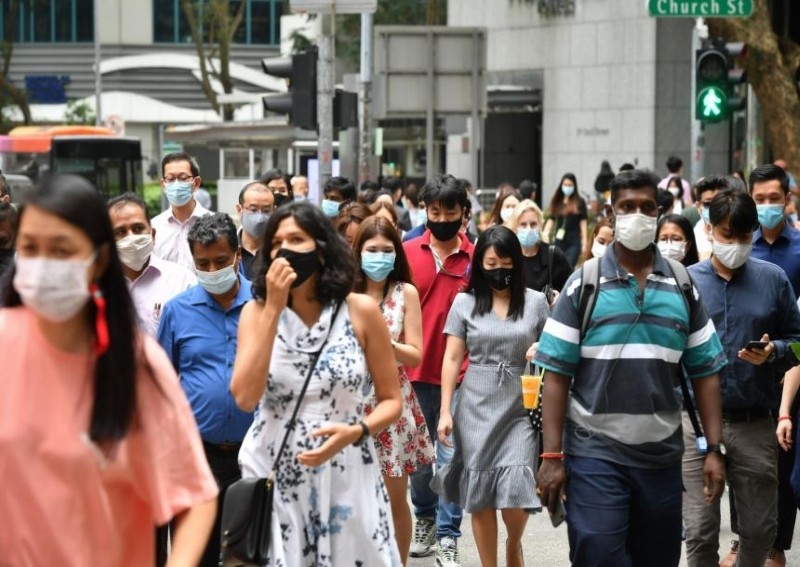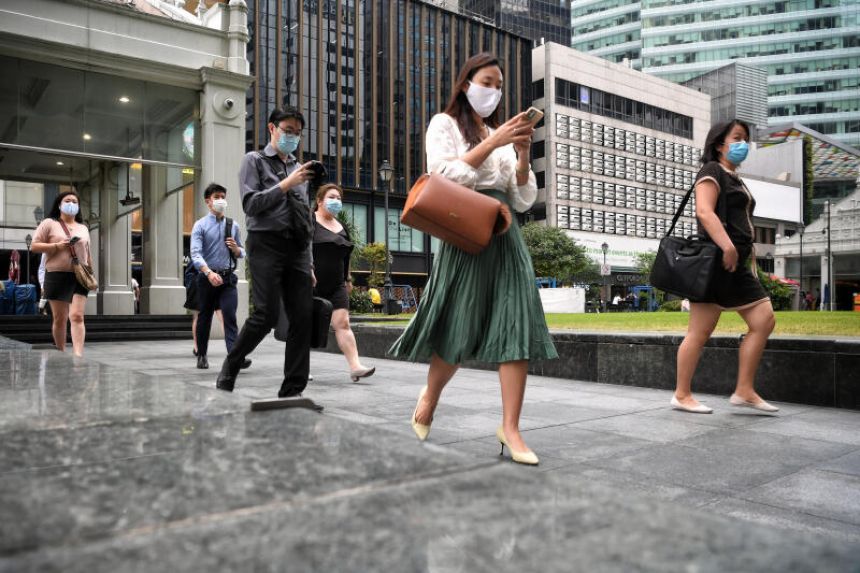Can Dependent's Pass holders continue working in Singapore in 2021?


With a new change of labour laws recently passed by the Ministry of Manpower (MOM), Dependent’s Pass holders will soon require a Work Pass in order to work in Singapore.
In the past, Dependent’s Pass (DP) holders who wished to seek employment in Singapore only required a Letter of Consent (LOC) from the Ministry of Manpower (MOM).
However, with a new change in labour laws – come May 1, 2021 – all DP holders will need to apply for a Work Pass if they wish to work here.
According to MOM, a Dependent’s Pass (DP) allows legally married spouses and children of Employment Pass (EP) or S Pass holders to live with them in Singapore. The validity of the DP is usually tied to the main EP holder and is renewable every two years.
Unlike with DP, Work Passes ( Employment Pass , EntrePass , S Pass or Personalised Employment Pass ) are given to eligible foreign nationals to grant them the legal opportunity to live and work in Singapore.

With the new law, DP holders are subject to the same requirements as other foreign nationals who wish to seek employment in Singapore. The LOC used to be a helpful option for DP holders to find employment, but now, in order to tighten labour laws in Singapore, that privilege will be removed.
DP holders who wish to work in Singapore will now need to apply for a Work Pass. In short, this means starting from ground zero. If successful, DP holders who are granted employment in Singapore will then hold two passes: one DP and one Work Pass.
Manpower Minister Josephine Teo announced the following this past Wednesday, March 3: “We will provide sufficient time for existing DP holders working on an LOC, as well as their employers, to transit to this new arrangement.
Most of them meet prevailing work pass criteria. Those [who] do not will have to cease working in Singapore.”
The MOM also assured that existing DP holders in employment via an LOC will still be able to keep their jobs until their LOC expires. Upon expiration, these DP holders will then need to apply for a work pass to continue their employment.

According to the MOM, exemptions can be made for some business owners (on a case-by-case basis) to continue working under an LOC. The catch? Their businesses must help to create local employment a.k.a hire Singaporeans and/or Permanent Residents.
Business owners currently holding DPs must fulfill the requirements to be eligible for this exemption:
If the above mentioned requirements are not met, DP holding business owners are still allowed to run their business upon the expiration of their LOC. Alternatively, they can apply for a one-time-only extension until April 30, 2022.
The current local quality salary is $1,400 per month , according to the MOM.
Given the raise in EP and S Pass qualifying salary requirements last year, this new arrangement is seen as another way to tighten and streamline the labour market in Singapore. (Translation: It is intended to preserve more job opportunities for Singaporeans and Permanent Residents.)
In addition to raising qualifying salaries, the MOM also toughened family visa privileges for intra-corporate transferees (foreign nationals who are posted to Singapore by their respective companies) in November 2020 – they were no longer encouraged to bring their family to Singapore.

The worries permeate from the ground. A female expat spoke to us on the condition of anonymity, “The main problem is with people like me who do contract work as consultants.
We are not guaranteed a monthly salary [due to the nature of our work] and hence would find it hard to meet the minimum requirements for an EP. We just do not make enough money on a regular basis.”
Given that the EP and S Pass salary requirements were also raised last year, it’s hard for foreigners residing in Singapore to keep afloat.
With DP holders making up approximately 17 per cent of Singapore’s population (according to Channel News Asia), many of the affected are finding it hard to understand such a move. “Why restrict such a small percentage of the population? I’m not sure how [this law change] helps.” shares the abovementioned expat.
The Covid-19 pandemic has thrusted many nations into uncertainty. The tightening of immigration and labour laws is an unfortunate but understandable response to preserving the livelihood of countries’ own citizens.
As a small nation, Singapore is heavily dependent on the interconnected privileges of globalisation – so while the world grapples with the pandemic and with nations tightening its borders, we can only hope this may be a temporary solution to the problem.
One person very familiar with the comings and goings of expats around the globe, Ming Hui Lee, who is Head of Operations, Customer Experience and Fulfilment at Moovaz, sees a silver lining:
“As more people get vaccinated and the borders start opening in a few years’ time, we can expect (and hope) these restrictions to start easing as well. Singapore is a diverse nation that takes care of its people – locals and foreign nationals alike – so we can rest assured in the hope that once Covid blows over, Singapore will adjust accordingly as well.”
This article was first published in The Finder.